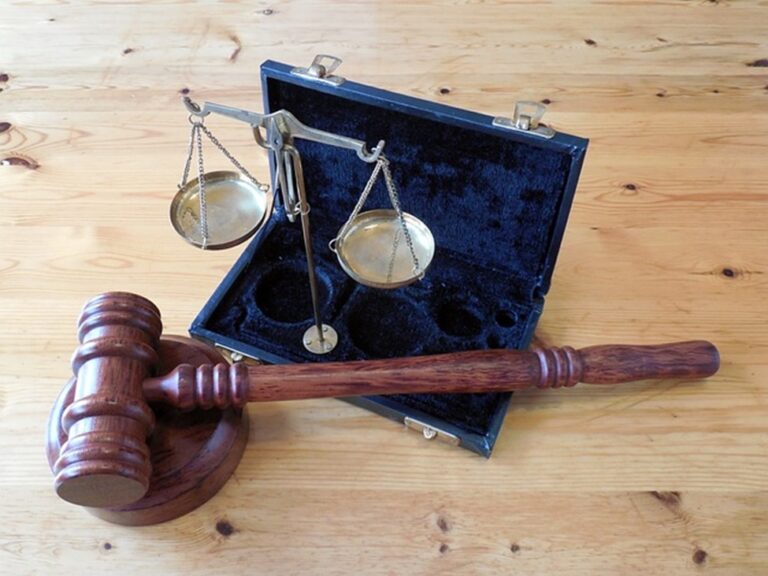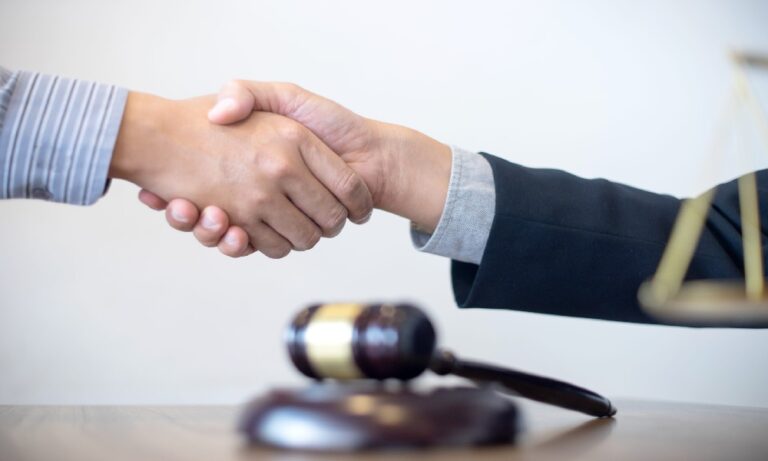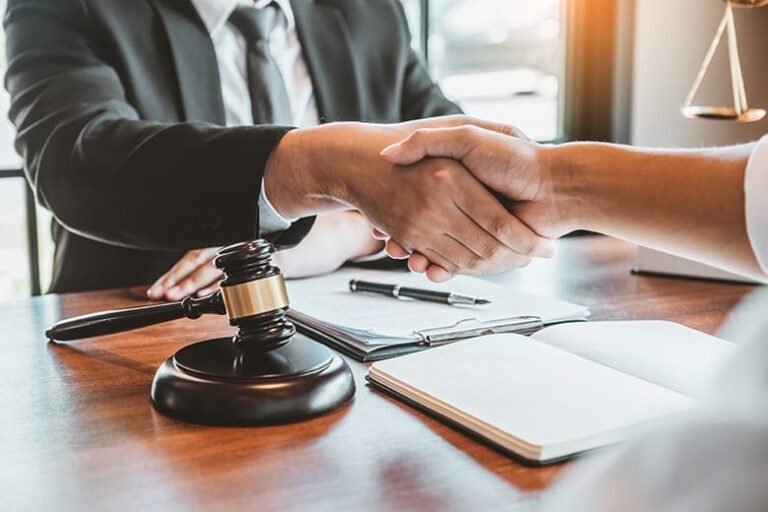Experiencing a car accident can be overwhelming, leaving you uncertain about the steps to follow and the decisions to make. However, understanding the common pitfalls that many fall into can significantly mitigate the negative consequences of an accident. Here, we explore essential guidance from seasoned legal professionals to help you navigate this challenging time effectively.
Immediate Steps to Take Post-Accident
After ensuring everyone’s safety and calling for medical help if necessary, it’s crucial to gather as much evidence as possible at the scene. This includes taking photographs of the vehicles involved, the surrounding area, and any visible injuries. Additionally, contact information from witnesses and other drivers involved in the accident must be gathered. This information will be invaluable when consulting with a Car Accident Attorney Charlotte who can help assess your case and guide you through the legal process.
Contact Your Insurance With Caution
While it’s necessary to report the accident to your insurance company, be cautious with the information you provide. Avoid admitting fault or giving detailed statements without legal advice. An initial report should stick to the facts until you have had a chance to speak with a legal advisor. Insurers are adept at securing information that might limit their liability. Therefore, consulting a car accident attorney ensures that your rights are protected while navigating these discussions.
Legal Considerations and Pitfalls
One of the biggest mistakes accident victims make is not seeking legal advice early. Even seemingly straightforward accidents can become complex legal matters, especially when injuries are involved. Legal experts, such as a Truck Accident Attorney Charlotte, specialize in understanding state laws and can be indispensable in claims involving commercial vehicles.
Understanding Comparative Fault
In many states, the amount you can recover in a car accident claim may be reduced by your percentage of fault. Without proper legal representation, you risk accepting a lower compensation than you deserve. A knowledgeable Car Accident Attorney Savannah can argue effectively on your behalf, aiming to minimize your fault percentage and maximize your recovery.
Long-Term Consequences of a Car Accident
Physical injuries from a car accident can be apparent immediately, but other consequences like emotional trauma or financial burdens from medical bills and lost wages might only manifest later. It is crucial to consider potential future costs when settling a claim. An experienced attorney can help forecast these expenses, ensuring that you receive comprehensive compensation that covers both current and future needs.
Why Legal Representation Matters
Legal representation is invaluable, not only for negotiating with insurance companies but also for ensuring that your claim is filed correctly and on time. Statutes of limitations, which limit the time to seek damages legally, vary by state and by type of claim. A car accident attorney understands these nuances and ensures compliance with all legal deadlines.
Navigating Complex Accident Scenarios
Car accidents often involve multiple parties and complex scenarios that can complicate liability and insurance claims. For instance, multi-vehicle pile-ups, accidents involving pedestrians, or incidents with uninsured motorists require a nuanced approach to ascertain liability and secure just compensation. In such cases, the expertise of a car accident attorney is crucial in untangling the legal complexities and advocating on your behalf.
Role of an Attorney in Multi-Vehicle Accidents
In accidents involving several vehicles, determining the party at fault can become particularly challenging. Each participant’s insurance company might attempt to shift blame, complicating the claims process. An experienced car accident attorney can help by investigating the accident, gathering necessary evidence, and working with accident reconstruction experts to build a strong case that supports your claim.
Accidents Involving Commercial Vehicles
Accidents that involve commercial vehicles, such as trucks or buses, introduce additional layers of complexity due to federal and state regulations governing commercial transportation. A Truck Accident Attorney in Charlotte will have specialized knowledge of these regulations and the practices of commercial insurance companies, which can differ significantly from standard auto insurance policies. Their expertise is vital in addressing specific issues like driver logs, vehicle maintenance records, and other factors that can influence liability and compensation.
Comprehensive Compensation and Its Calculation
Securing comprehensive compensation goes beyond covering immediate medical expenses and vehicle repairs. It encompasses a range of economic and non-economic damages, including lost wages, future medical care, pain and suffering, and emotional distress.
Economic Damages
These are quantifiable costs resulting from the accident. They include medical expenses, both present and anticipated, as well as lost wages if the injuries prevent returning to work. An attorney ensures that all current and projected costs are accounted for, often consulting medical professionals and economic experts to estimate future needs accurately.
Non-Economic Damages
These damages are more subjective and include pain and suffering, emotional distress, and loss of enjoyment of life. While these are harder to quantify, they are no less impactful on a victim’s life. An experienced attorney is skilled in arguing for fair compensation for these intangible losses, ensuring that the emotional and psychological impacts are duly recognized in the settlement.
The Statute of Limitations and Its Impact
Each state has specific deadlines for filing a lawsuit after a car accident, known as the statute of limitations. Failing to act within this period can result in losing the right to sue for damages altogether. A proficient Car Accident Attorney Savannah not only understands these time constraints but ensures that all necessary actions, from filing claims to completing negotiations, are done in a timely manner to preserve your legal rights.
Conclusion
The aftermath of a car accident can be as complicated as it is stressful. However, with the right legal guidance, victims can navigate these challenges effectively. By understanding the common pitfalls and the importance of professional legal representation, individuals involved in car accidents can protect their rights and ensure a more favorable outcome. Remember, a car accident attorney doesn’t just represent you in negotiations and court; they advocate for your overall well-being, helping to restore stability and peace of mind after a traumatic event.











